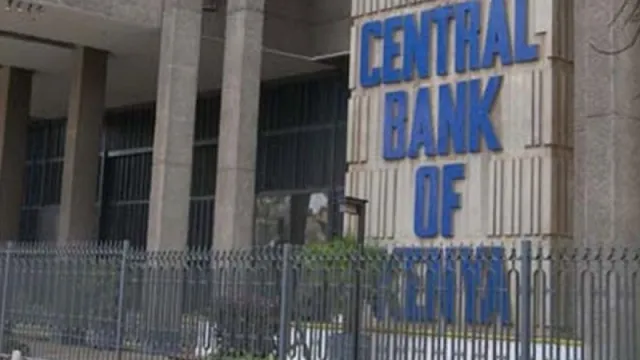Set up Shariah Advisory Council to boost Islamic Financing

The Shariah Advisory Council was first proposed in the Central Bank of Kenya (Amendment) Bill 2023 as a nine-member council headed by the CBK governor.
Last year the Nairobi Securities Exchange, NSE admitted the country’s first Shariah compliant product on the country’s bourse. The Linzi Sukuk bond sought to raise Sh3 billion Islamic Secured Residential Lease Based Security with a maturity period of 15 years offering an internal 11.13 percent rate of return.
The launch of the Sukuk bond was another testament to the maturity of the country’s capital markets that have in recent years grown to accommodate specialised security products that were the talk of policy discussions just a few years back.
Islamic financing is one of these under-explored market segments and although financial services providers have in recent years worked hard to roll out new products and services, there is still much opportunity to be tapped.
According to the World Bank, the Islamic banking sector, a central part of the Islamic finance industry, has grown in leaps and bounds in recent decades. As at 2017, the sub-sector had accumulated nearly $1.9 trillion (Sh247 trillion) spreading across 50 Muslim and non-Muslim countries worldwide.
Through its core principles, Islamic financing pursues income redistribution through the notion of sir-sharing and empowers equal participation for all members of the society irrespective of income levels.
Contrary to conventional perception, Islamic financing is accessible to both Muslims and non-Muslim consumers alike with the end goal of providing financial literacy. Islamic financing is also relevant to the Sustainable Development Goals, SDGs which aim to mobilise resources to achieve the set targets.
In recent years, however, Kenya has been slow in tapping into the opportunities presented by Islamic banking and asset financing despite strong initiative from the private financial services sector.
Absa Bank Kenya for instance, as do a majority of the leading lenders in the country, provides a wide array of products within the Islamic financing space. These include personal and business accounts, corporate financing, working capital solutions and asset investment that are all Shariah compliant.
Absa Bank Kenya’s flagship product LaRiba has since inception enjoyed significant growth in the pursuit of financial literacy among Muslim investors and asset owners.
Last year the Bank opened the LaRiba center at the BBS Mall in Eastleigh aiding clients to open transactional accounts, savings accounts, Mudharabah deposit accounts as well as access to shariah-compliant investments and financial advisory services.
Such initiatives from the private sector however require support from the public sector and financial services regulators in order to scale and reach more would-be consumers.
One way this can be achieved is the establishment of the Shariah Advisory Council within the Central Bank of Kenya, CBK to serve alongside the Monetary Policy Committee. The Shariah Advisory Council was first proposed in the Central Bank of Kenya (Amendment) Bill 2023 as a nine-member council headed by the CBK governor.
Since the proposal however, not much traction has been achieved in formulating the council, despite the Cabinet Secretary of the National Treasury providing assurances towards the same during the 15th Joint Financial Sector Regulators Forum in Mombasa last year.
A Shariah Advisory Council will go a long way in guiding the formulation of standards and policies that all players in the financial services sector will abide by. At the moment the market is characterised by individual players innovating and developing products that suit their risk levels and that of their clients.
Having a Council to govern these products and services would go a long way in bolstering confidence in the sub-sector and popularise the same to the wider population.
There is also a lot of work that is needed in terms of creating awareness of Islamic financing to non-Muslim clients and an advisory council in the mould of the MPC would help standardise the messaging and bring more consumers into the fold.
Kenya’s financial services sector has come a long way in regards to defining and differentiating the various types of investment and personal finance products currently available in the market. Islamic finance is just one of the numerous sub-sectors whose time is ripe for exploration, but one that needs the buy-in of both the private sector and market regulators to succeed.





